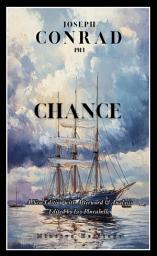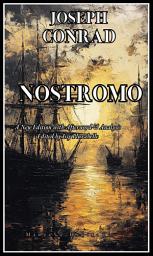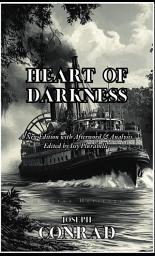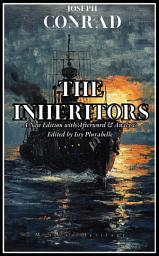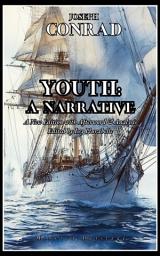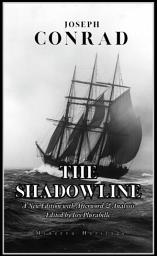The Collected Works of Joseph Conrad
About this ebook series
Chance (1913) fractures traditional narrative expectations by filtering Flora de Barral’s life—a woman oscillating between societal neglect and voyeuristic fascination—through the unreliable recollections of Marlow and an anonymous frame narrator. Flora, daughter of a disgraced financier, becomes a prism for dissecting early 20th-century gender dynamics, her agency stifled by paternal obsession (her father’s imprisoning love) and the parasitic sympathies of those who claim to “save” her. Conrad’s structural gambit—nesting stories within stories, rumors within lies—mirrors the novel’s fixation on perception: truth becomes a collective hallucination shaped by Marlow’s biases and the frame narrator’s passive complicity. The plot hinges on arbitrary turns (a shipboard encounter, a willful miscommunication), framing “chance” less as fate than as the collision of human myopia with indifferent systems. While marketed as a love story, it subverts romance: Flora’s marriage to Captain Anthony is a transactional escape, his altruism undercut by condescension, her gratitude laced with resignation. Critics debate its unevenness, but the novel’s true innovation lies in its indictment of narrative itself—how stories, like currency, gain value through collective belief, not intrinsic truth.
This modern edition of Conrad's classic novel includes a fresh Afterword, extensive reference materials including a timeline of Conrad's life and works, character glossary and group discussion questions on this literary classic. The text of the novel has been slightly edited to remove archaic terminology and make it more readable to the modern reader.
Flora’s existence is a palimpsest of male projections: her father grafts his shame onto her, Marlow reduces her to a “case study” in feminine vulnerability, and Anthony romanticizes her helplessness as a canvas for his chivalry. Conrad strips agency from her until the final act, where her quiet defiance—refusing to perform victimhood—unsettles the men who’ve narrativized her suffering. The novel’s seas are not metaphors for existential voids but social currents; the Ferndale, the ship where Flora and Anthony’s strained marriage plays out, becomes a floating panopticon where every glance judges, distorts, or pities. Chance here isn’t cosmic irony but the residue of structural neglect—Flora’s life is shaped not by destiny but by who happens to control the narrative. Even Marlow, that “expert in secrets,” admits his account is “a bird’s-eye view… with the bird being half-blind.” The true horror isn’t de Barral’s financial crimes but the cultural machinery that commodifies his daughter’s trauma into gossip, then into legend. Conrad’s prose, uncharacteristically digressive, mimics the futility of seeking coherence in a world where truth is the first casualty of collective storytelling. Flora’s final silence isn’t defeat—it’s the only act of ownership left in a society that consumes women’s lives as entertainment.
